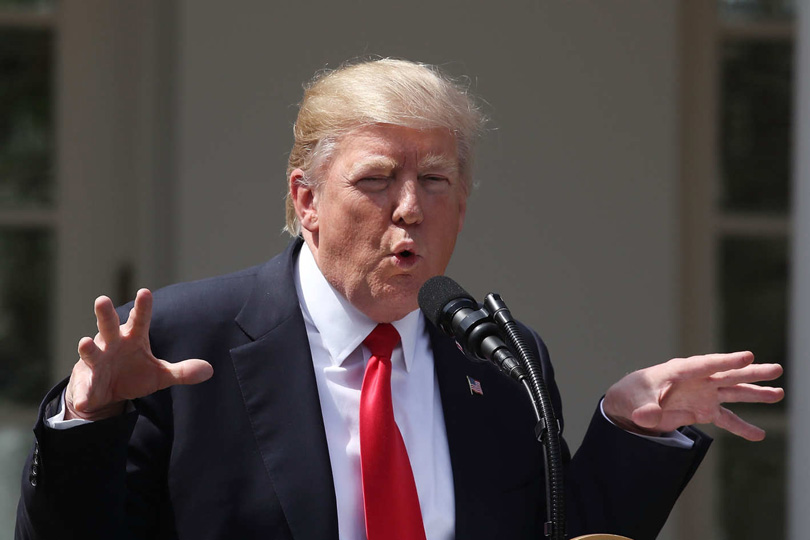Michael Rubin
There’s a tendency in Washington to compartmentalize every problem and to ignore the ramifications that policy toward one adversary can have upon others across time and distance. President Ronald Reagan’s decision to withdraw peacekeepers from Lebanon in the wake of the 1983 Marine Barracks bombing, for example, helped convince a young Osama Bin Laden that he could drive the United States entirely out of the Middle East, if not defeat America entirely.
President Barack Obama’s decision to impose a timeline on the US presence in Afghanistan likewise convinced not only the Taliban but also insurgents and Shiite militias in Iraq that the US did not have staying power.
Special Envoy Zalmay Khalilzad’s framework plan for Afghanistan fits the same pattern. While President Trump might celebrate an agreement by which the Taliban pledge to deny Afghanistan’s territory to terrorist groups, this is the same deal to which the Clinton administration agreed in the years prior to the Sept. 11 terror attacks. While President Bill Clinton and Secretary of State Madeleine Albright could plead ignorance, however, Khalilzad cannot.
Indeed, the ramifications of a proposed peace deal with the Taliban already run deep. On Feb. 12, I spoke at the University of Hargeissa in Somaliland, a self-governing region recognized by the US government as part of Somalia. After the lecture, two separate students asked about rumors that the US was willing to negotiate a separate peace with al Shabaab, a Somali Islamist group that at one point had affiliated with al Qaeda and which, regardless, the US designates as a terrorist group.
Washington is not negotiating with al Shabaab, of course, but the perception is widespread that the Trump administration will do so. This means rather than abandon al Shabaab, many young Somalis may seek to affiliate with it, hoping to secure their future in the wake of any White House decision to end the expensive support for African peacekeepers and Somalia’s ineffective Transitional Federal Government.
While the US political strategy in Somalia is an expensive failure, Trump’s willingness to entrust the Taliban with US national security may very well end up defining his national security legacy. Not only may Afghanistan again become a safe haven for terrorists whose antipathy toward the United States is based on ideology rather than any specific grievance, but Trump’s willingness to cut a deal with the Taliban may very well also embolden terrorists seeking to occupy other ungoverned spaces in Africa.








Comments